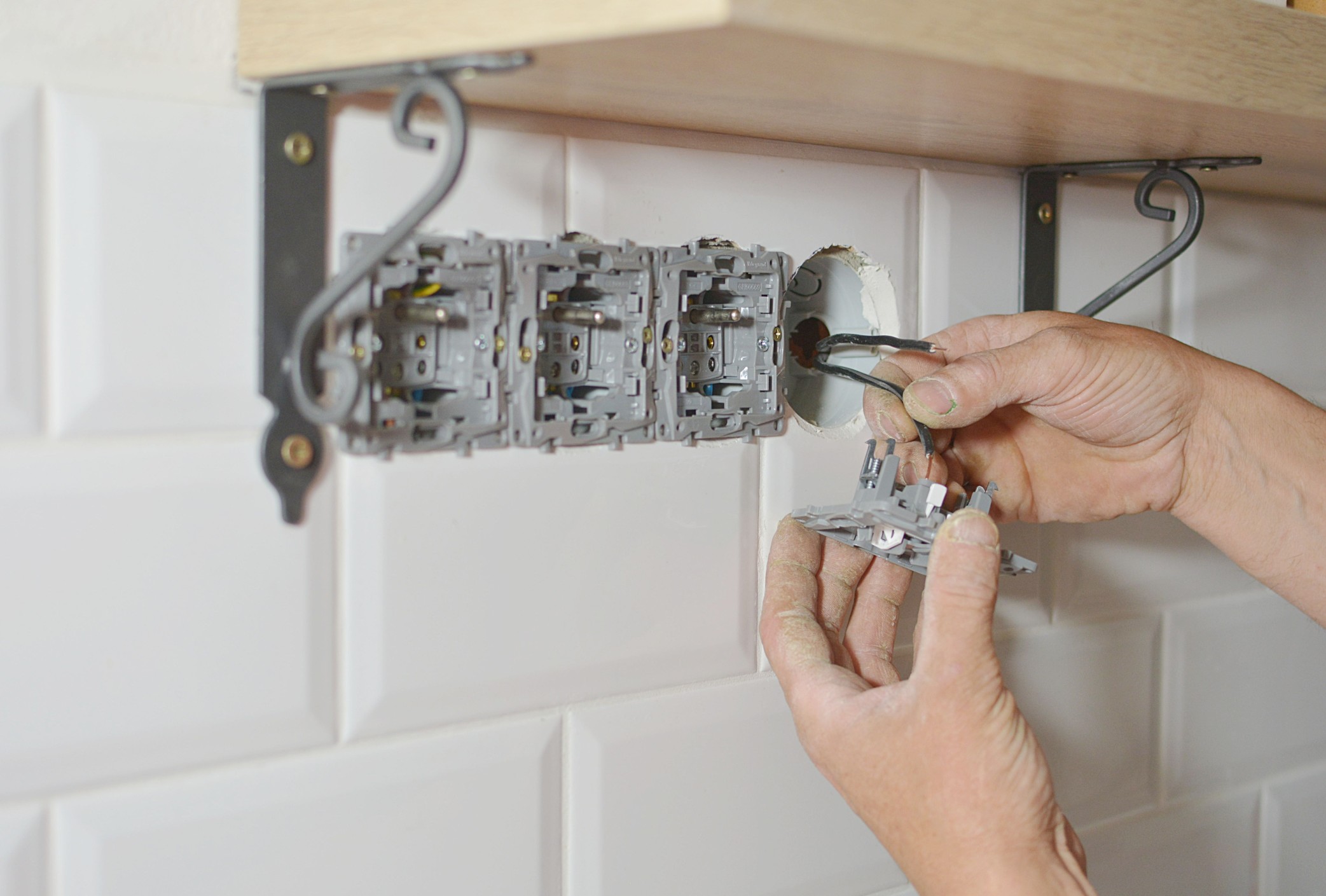March is the time of year here in South Florida when the weather begins to transition from comfortable and slightly humid – to the intensely muggy weather we will experience in the summer months. Excessive humidity can put a damper on outdoor activities and affect aspects of your home, including your electrical system. Humidity inside the house should be remedied before serious long-term damage is done to fragile electrical equipment and devices.
Humidity Explained and How to Reduce It
Most people have a good idea of what humidity is, but having a deeper understanding will allow you to take the best steps possible to address it and notice issues in your home before they fester and become more significant problems down the line. Humidity is the measure of water vapor suspended in the air, often measured in relation to the total capacity of water that the air can hold. This means that cooler locations, like Alaska, sometimes beat out Florida as “the most humid state in the USA,” as colder air has less capability to hold water but a higher relative humidity. Humidity within your house is increased when you introduce more water into the environment through showers, cooking, cleaning, and, most importantly, cracks in your home’s infrastructure, doors, and windows that allow warm air into the house. Warm air with suspended water molecules, when interacting with cooler surfaces, deposits this water as condensation – this is the phenomenon you see when your bathroom mirror gets cloudy and your walls get damp after a shower.
To find areas in your home that could be introducing hot air from outside into the interior, you can hire the services of an electrician company to conduct a home energy audit. This will identify doors, windows, or areas like attics that are not properly sealed and insulated from the outside world. Using devices like dehumidifiers and ceiling bathroom fans can also help significantly reduce the buildup of moisture within your home.
Electrical Systems and a High-Humidity Home
Besides making your bedroom feel a bit muggy and fogging up your bathroom mirror, high humidity levels inside a home can have costly and potentially dangerous effects.
One of the most significant risks of humidity levels is increased corrosion on essential parts of your system, like wires and piping. If water coalesces on electrical wiring due to condensation, the metal shell can corrode and rust away, increasing the risk of sparks and fires within your walls. This process can also short-circuit an outlet; hopefully, it’s a GFCI outlet that trips the breaker safely. The early warning signs of issues behind your outlets are melted or burned plastic coverings, weird and unusual smells, and unreliable outlets that trip or fail to provide power.
Higher humidities can also have a cascading effect on your entire electric system. As humidity rises, your AC system has to work overtime to try and counteract the high temperatures and levels of moisture. Despite this, your AC might have components that have been negatively affected by corrosion or condensation, meaning your AC will never be able to keep up with demand. In this situation, your electric bill can skyrocket before you even realize the extent of the problem. Your central cooling system should be able to keep your house cool no matter the outside conditions. If it can’t, you should consider upgrading your system or identifying the other causes that are dramatically increasing humidity in your home.
Promise Electric provides electrical services to residential and commercial clients throughout the Sarasota area. We can help identify problem areas in your home through a home energy audit and keep your house cool throughout the upcoming humid months. Call today for more information.



